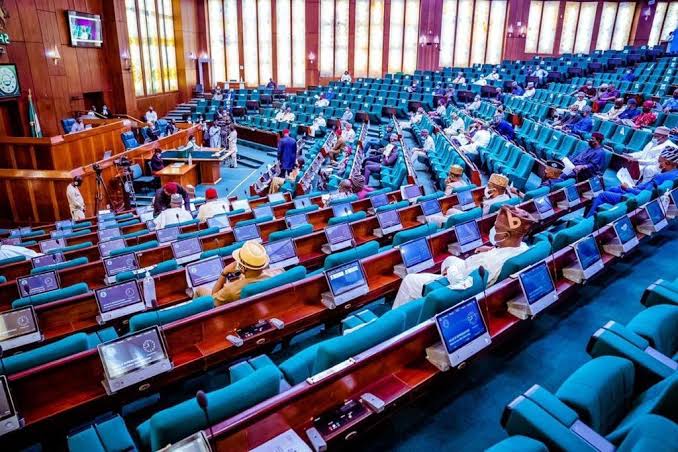The House of Representatives Public Accounts Committee (PAC) has directed Guaranty Trust Bank (GTBank) to calculate and remit the Value Added Tax (VAT) on commissions it received from transactions through Remita, the government’s financial gateway, to the Federal Government. The order pertains to transactions conducted between 2015 and 2022.
This directive was issued during the committee’s ongoing investigation into alleged revenue leakages and non-compliance with the standard operating procedures governing the Remita platform, which facilitates payments to the Treasury Single Account (TSA) for government Ministries, Departments, and Agencies.
The PAC, chaired by Rep. Bamidele Salam, raised two key concerns during the hearing: first, the remittance of VAT from Remita collections, and second, the collection of transaction fees during the first phase of Remita’s operations.
GTBank’s Executive Director, Mr. Ahmed Liman, acknowledged that the bank had not remitted VAT for the eight-year period.
He stated that the bank believed Remita, as the gateway provider, was responsible for handling the commission fees and remitting the necessary taxes.
“We believe Remita is saddled with the responsibility of sharing the commission fees between the payment receiving parties. In our mind, we think Remita has done the needful before sharing the fees between the parties,” Liman explained.
On the issue of transaction fees, Liman confirmed that GTBank charges a 0.75% fee for payers using the Remita platform. In 2018, the bank received ₦254,489,013 from the Accountant General through Remita.
In its ruling, the PAC unanimously directed GTBank to calculate and remit the VAT on the commission fees received from Remita transactions during the 2015–2022 period to the Federal Government’s recovery accounts held with the Central Bank of Nigeria (CBN).
Other banks, including Keystone, Zenith Bank, Sterling Bank, Polaris Bank, FCMB, Ecobank, and Wema, also appeared before the committee on similar matters.
The committee has referred these banks to its reconciliation sub-committee to address discrepancies in their submissions.
The banks are expected to reconcile the issues and reschedule their appearances before the committee at a later date.




